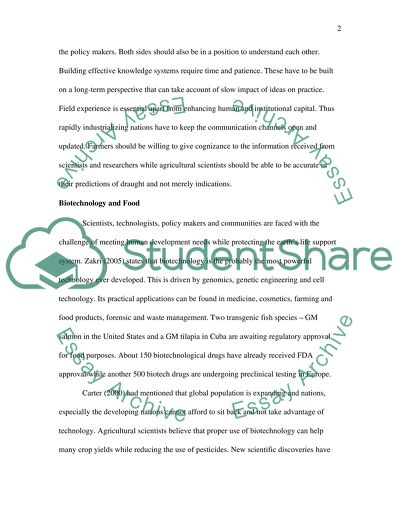Cite this document
(“The Particular Challenges Facing Science, Technology And Innovation Essay”, n.d.)
The Particular Challenges Facing Science, Technology And Innovation Essay. Retrieved from https://studentshare.org/technology/1538314-the-particular-challenges-facing-science-technology-and-innovation-policy-makers-in-a-rapidly-industrialising-nation-state
The Particular Challenges Facing Science, Technology And Innovation Essay. Retrieved from https://studentshare.org/technology/1538314-the-particular-challenges-facing-science-technology-and-innovation-policy-makers-in-a-rapidly-industrialising-nation-state
(The Particular Challenges Facing Science, Technology And Innovation Essay)
The Particular Challenges Facing Science, Technology And Innovation Essay. https://studentshare.org/technology/1538314-the-particular-challenges-facing-science-technology-and-innovation-policy-makers-in-a-rapidly-industrialising-nation-state.
The Particular Challenges Facing Science, Technology And Innovation Essay. https://studentshare.org/technology/1538314-the-particular-challenges-facing-science-technology-and-innovation-policy-makers-in-a-rapidly-industrialising-nation-state.
“The Particular Challenges Facing Science, Technology And Innovation Essay”, n.d. https://studentshare.org/technology/1538314-the-particular-challenges-facing-science-technology-and-innovation-policy-makers-in-a-rapidly-industrialising-nation-state.


